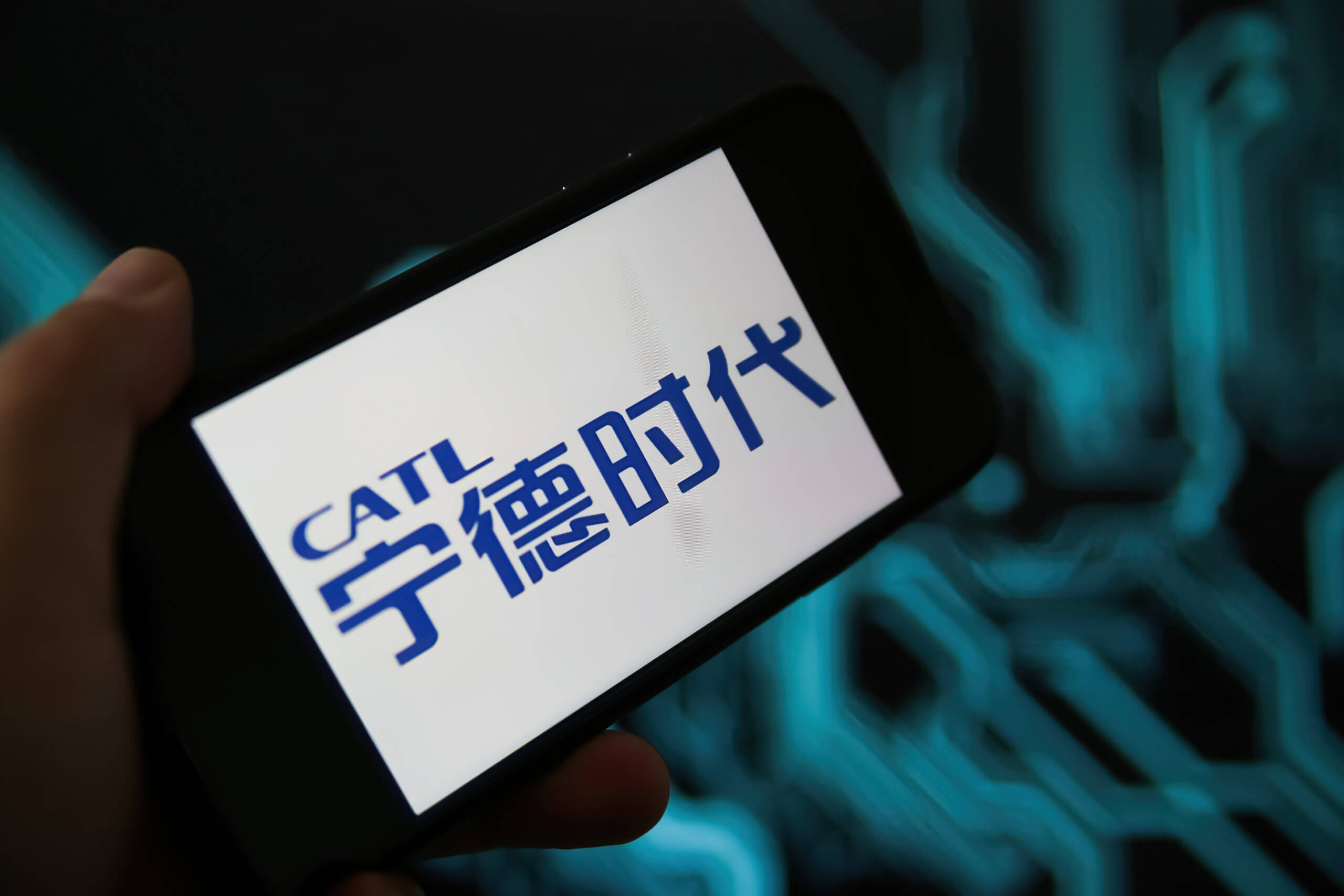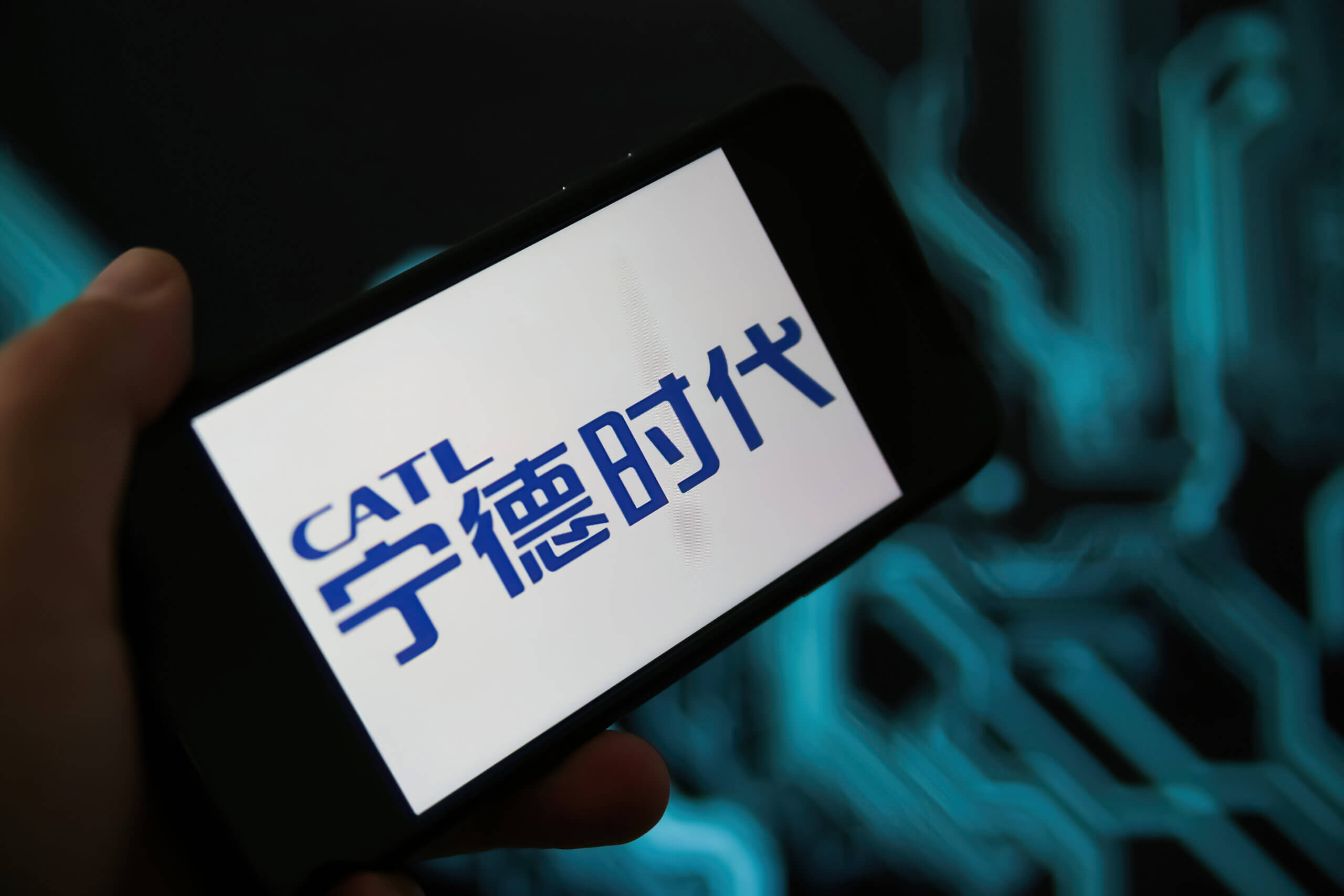On August 2, in retaliation for House Speaker Nancy Pelosi’s Taiwan visit, China announced “targeted” drills and missile tests around the island. Two days later, China’s People’s Liberation Army fired a series of missiles into the waters around Taiwan. On August 5, Beijing declared it would end cooperation with the United States on military talks – as well as the climate and anti-drug efforts. Between August 3 and August 7, 120 Chinese aircraft crossed the median line between Taiwan and China. A second US congressional delegation arrived in Taipei on August 15. Beijing promptly launched another round of escalatory adventurism.
All of this is plenty exciting. It has provided endless fodder for international media. It is also not the full story.
On August 2, China’s battery giant CATL announced that it would delay building a multi-billion-dollar North American plant to supply Tesla and Ford, as a result of tensions over Taiwan.
Here is a critical piece of the story, largely lost in the excitement of Chinese missile tests: On August 2, China’s battery giant CATL announced that, as a result of tensions over Taiwan, it would delay moving forward on a multi-billion-dollar North American plant to supply Tesla and Ford.
Ningbo-based and government-backed, CATL is the world’s biggest lithium-ion battery manufacturer for electric vehicles. It controls about one third of the international market (in large part thanks to government subsidies – both direct ones that plump up CATL’s balance sheet and a broader, more indirect system of State-backing that fuels China’s EV ecosystem). CATL is a critical piece in Beijing’s larger bid to dominate the EV value chain, as well as that of new energy systems more broadly. CATL is also a critical supplier for US car manufacturers ranging from Tesla to Ford – and, with them, not only the US automotive industry but also the S&P 500.
CATL hitting pause on North American production rings of economic coercion, of Beijing flexing its industrial strength. This would not be a new approach for the Chinese Communist Party: More than a decade ago, in 2010, Beijing cut off rare earth exports to Japan over a territorial dispute. In 2021, China imposed sanctions on Australian goods ranging from wine to beef after Canberra called for an inquiry into the origins of COVID-19. CATL’s move also bears the fingerprint of Beijing’s on-the-ground, subnational toolkit in the United States. This playbook leverages the economic development priorities of state and local leaders in America for China’s benefit.
If the United States does not get serious about rebuilding its industrial foundation, yesterday, it will have no response to China’s aggression tomorrow – no matter how many aircraft carriers Washington deploys to the Taiwan Strait. (After all, what percent of any given aircraft carrier was made in China?)
But while it might not be new, Beijing’s well developed and multi-pronged economic coercion toolkit is newly urgent. The Chinese Communist Party sees the commercial domain as a battlefield – as much as, if not more than, the Taiwan Strait. For decades, Beijing has cultivated US and international dependence so that it can claim an upper-hand in that battlefield, all while the US has espoused an economic orthodoxy of win-win globalization and offshoring to focus on high margins and immediate returns. Now, Beijing is pulling the strings. Now, the vulnerability of a production-lite US is making itself clear. The long-term cost of a hollowed out industrial base is presenting itself clearly.
If the United States does not get serious about rebuilding its industrial foundation, yesterday, it will have no response to China’s aggression tomorrow – no matter how many aircraft carriers Washington deploys to the Taiwan Strait. (After all, what percent of any given aircraft carrier was made in China?)
The sliver of good news is that there is still time. The US does have incumbent advantages, commercial and military. Moreover, today’s indications of economic slowdown could provide the opportunity that the US private sector and capital markets need to reinvest, at scale, in industry and infrastructure at home and abroad; to shore up positioning in the domain that is poised to determine tomorrow’s balance of power. Beijing’s recent moves also point to the costs, for both international companies and international investors, of doing business in China – costs that should incentivize investment in more stable and trusted supply lines outside the grasp of China’s “State led, Enterprise driven” mode of economic warfare.
Capital markets and firm-level decision makers need to accept the new reality that exposure to China comes at a tangible cost – one that outweighs any short-term savings redeemed from China-dependent supply chains.
But doing all of this will require them – companies and investors – to internalize as much; to come to terms with the reality that Beijing’s spoiling behavior, and corresponding geopolitical tension, are not going away. Capital markets and firm-level decision makers need to accept the new reality that exposure to China comes at a tangible cost – one that outweighs any short-term savings redeemed from China-dependent supply chains.
Since Pelosi’s Taiwan visit, Beijing has been in full retaliatory mode – manufacturing crisis to exact concessions from Washington, also to show off its rising influence on the global stage. US and international media have focused on the military flash-bangs of that retaliation, missile launches and naval deployments. Those are the obvious moves. But staring at the fireworks risks missing a far more significant, if subtler, element of Beijing’s retaliatory barrage.
Positioning for the industrial competition at hand will require the US national security community to recognize that tomorrow’s, or rather today’s, geopolitical contest may not be fought with missiles – except, that is, as it applies to where those missiles are made. China is having fun launching those. The media is having a field day covering the subject.
But this is a war to be won on the factory floor. If the US doesn’t get building, it will lose. It may not even have time to realize that the war started long before Pelosi’s Taiwan visit.
Nate Picarsic is a co-founder of Horizon Advisory, a supply chain and geopolitical risk startup, and a senior fellow at the Foundation for Defense of Democracies. His commentaries on industrial innovation have been published in outlets ranging from TechCrunch to Defense One.
Emily de La Bruyere is a co-founder of Horizon Advisory, a supply chain and geopolitical risk startup, and a senior fellow at the Foundation for Defense of Democracies. Her analysis has been cited in outlets including The New York Times, The Wall Street Journal, and The Washington Post.
(Photo by Ralf Liebhold/Shutterstock)




